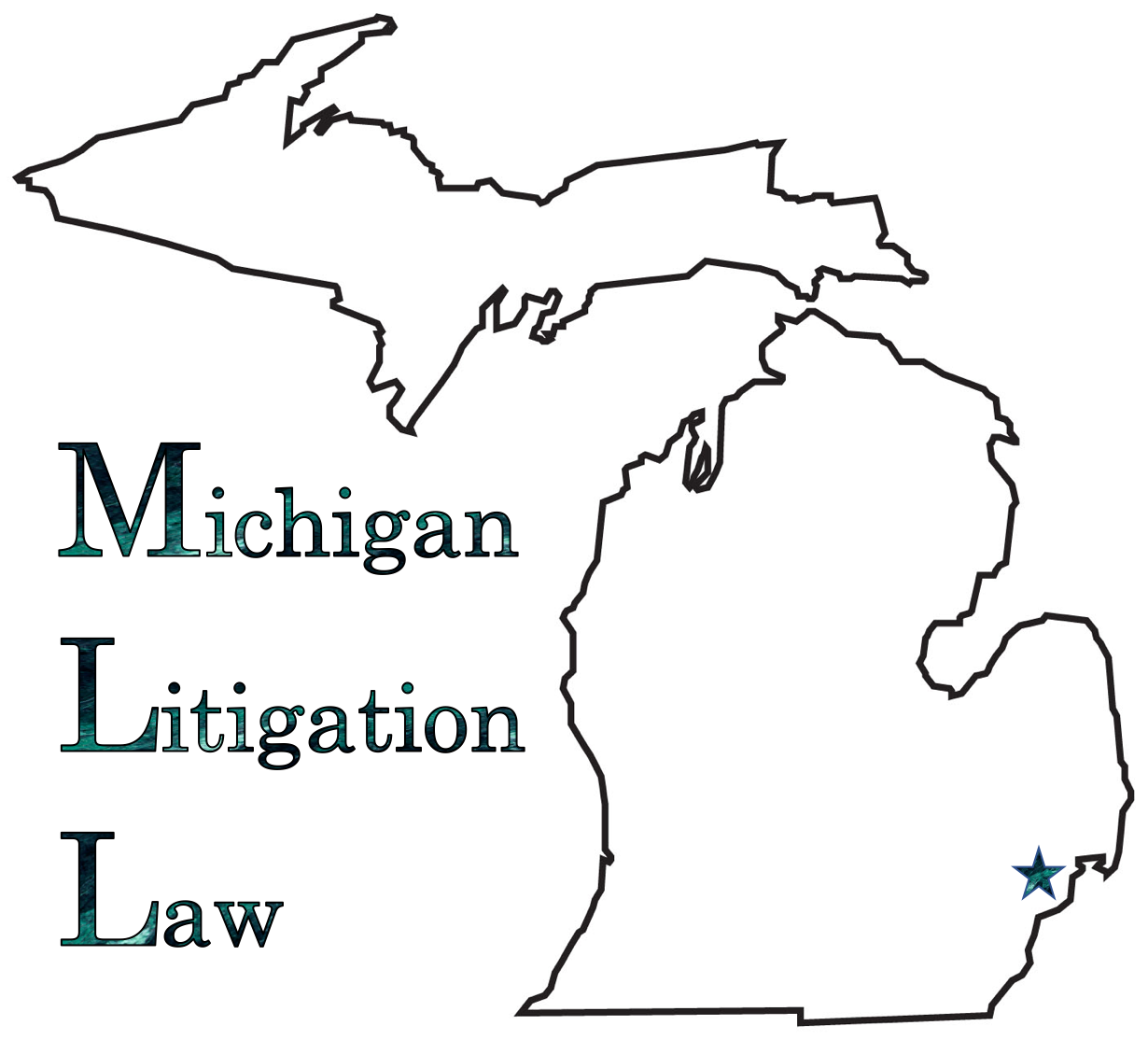Employers' Privilege to Disclose Information Regarding Former Employee
Michigan employers have a qualified privilege to disclose in good faith documented information regarding a former employee’s job performance. MCL 423.452 provides as follows:
An employer may disclose to an employee or that individual’s prospective employer information relating to the individual’s job performance that is documented in the individual’s personnel file upon the request of the individual or his or her prospective employer. An employer who discloses information under this section in good faith is immune from civil liability for the disclosure. An employer is presumed to be acting in good faith at the time of a disclosure under this section unless a preponderance of the evidence establishes 1 or more of the following:
(a) That the employer knew the information disclosed was false or misleading.
(b) That the employer disclosed the information with a reckless disregard for the truth.
(c) That the disclosure was specifically prohibited by a state or federal statute.
Why Qualified Privilege?
Qualified privilege provides substantial protection against defamation claims arising out of post-termination employer disclosure of employee misconduct.
However, employers are not free to create and disclose ad hoc descriptions of an employee’s conduct or performance.
The statute covers only “job performance” information that is “documented in the individual’s personnel file.”
Should Employers Help Terminated Employees Find Work?
When the termination of an employee does not involve dishonesty or moral turpitude, and when the employer perceives that the individual terminated may be a valuable asset to another employer, offering services and assistance in finding alternate employment is a reasonable part of the termination process.
WATCH OUT!
employers who affirmatively push employees into the employment stream by praising employee strengths and withholding known information about the employee’s adverse character and behavioral history may well breach an implied obligation to potential future employers and others.
A one-sided disclosure, coupled with selective withholding of adverse information, may be considered false and misleading and result in an action against the employer for fraud or negligent misrepresentation. See, e.g., Kadlec Med Ctr v Lakeview Anesthesia Assocs, 527 F3d 412 (5th Cir), cert denied, 555 US 1046 (2008); Randi W v Muroc Joint Unified Sch Dist, 929 P2d 582 (Cal 1997).
Even if there is no duty to disclose a particular fact, choosing to speak obligates the employer to say enough to prevent the communication from misleading the other party. Grozdanich v Leisure Hills Health Ctr, Inc, 25 F Supp 2d 953, 989–990 (D Minn 1998).
Defamation Claims by Former Employee?
Requests for references from potential employers may trigger a former employer’s obligation to make disclosures regarding dishonesty by previous employees.
Some employers feel ethically obligated to at least informally share negative information about employees.
While such sharing may be limited to providing legitimate business information to a colleague, the employer may inadvertently subject itself to defamation claims by the terminated employee. See, e.g., Gonyea v Motor Parts Fed Credit Union, 192 Mich App 74, 480 NW2d 297 (1991); Shannon v Taylor AMC/Jeep, Inc, 168 Mich App 415, 425 NW2d 165 (1988).
This dilemma can be particularly unsettling because there is no legal obligation to make such a disclosure to the prospective employer. See MCL 423.451 et seq.; Moore v St Joseph Nursing Home, Inc, 184 Mich App 766, 459 NW2d 100 (1990) (no actionable duty to disclose former employee’s acts of violence and drug abuse); cf. Murdock v Higgins, 454 Mich 46, 559 NW2d 639 (1997) (supervisor had no affirmative duty to inform subsequent employer of employee’s dangerous propensities).
May an Employer Issue a Press Releases Regarding An Employee's Termination?
Employers should be very careful when issuing press releases that state expressly or implicitly the reasons for an employee’s termination.
Even if the statements made in the press release are true, there is a real danger that the statements may convey a clear implication of a falsehood that becomes actionable. See Hawkins v Mercy Health Servs, 230 Mich App 315, 583 NW2d 725 (1998); cf. Nicolet v Brinks, Inc, No 284861, 2009 Mich App LEXIS 1692 (Aug 13, 2009) (unpublished) (employee alleged that termination letter implied he was thief, but purpose of letter was to explain that manager lost confidence in employee’s ability to perform duties because of unexplained shortages and did not omit any material facts).
Such a cause of action arises on the original publication of the defamatory statement, not republication by the press, Mitan v Campbell, 474 Mich 21, 706 NW2d 420 (2005), or circulation of a rumor among employees, Whiting v Allstate Ins Co, No 08-12991, 2010 US Dist LEXIS 23552 (ED Mich Mar 15, 2010), aff’d, No 10-1408, 2011 US App LEXIS 16399 (6th Cir Aug 8, 2011).
In addition, such disclosures may give rise to allegations of collateral torts such as tortious interference with contractual relations or interference with business relations. See Alex B. Long, Tortious Interference with Business Relations: “The Other White Meat” of Employment Law, 84 Minn L Rev 863 (2000).
Tricky litigation and liability risks exist in this area, and employers may need to seek careful guidance from legal counsel before assisting a terminated employee’s pursuit of subsequent employment. As always, we hope the above was enough to help, but if there is anything further we can do to assist, do not hesitate to call or e-mail our attorney and online director, Joseph Gale, at Joey@MichiganLitigationLaw.com.

